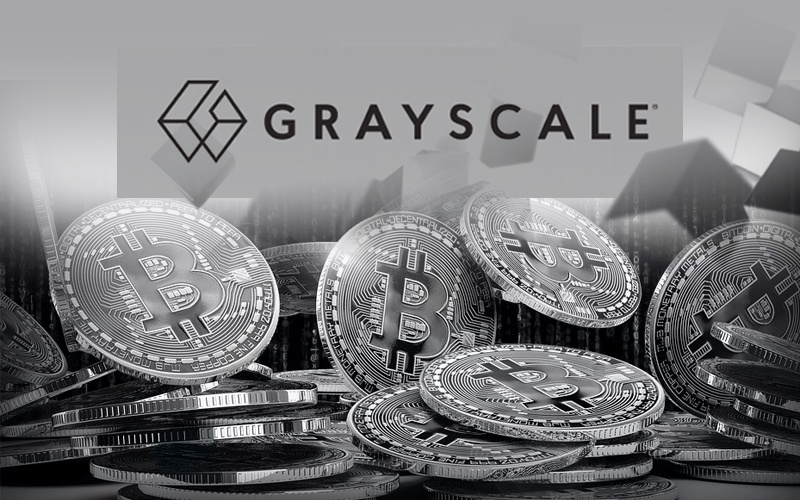
Coinposters
What if Grayscale lawsuit against SEC is rejected?

Grayscale Investments’ chief legal officer, Craig Salm, has revealed the company’s next action if it loses its lawsuit against the US Securities and Exchange Commission (SEC) at the Court of Appeals.
In June, the asset management business filed a review appeal against the Commission for rejecting its application to convert its $40 billion flagship product, Grayscale Bitcoin Trust (GBTC), to a Bitcoin Spot Exchange-Traded Fund (ETF), which would have been registered in October of 2021.
According to the SEC, the product does not meet customers’ expectations and other critical requirements “intended to prevent fraudulent and manipulative actions and practices” following a comprehensive examination.
While the regulator has approved Bitcoin futures ETFs, Grayscale believes that the rejection of Bitcoin spot ETFs violates the Administrative Procedure Act (APA) as well as the Securities Exchange Act of 1934 (the “Exchange Act” or “’34 Act”) because it is “arbitrary and capricious.”
Salm, CEO of Grayscale, said in an interview on Monday that if they lose their battle with the SEC over a Bitcoin spot ETF, Grayscale would keep fighting for one. He said that if the Appeals Court dismisses the firm’s complaint, it has two alternatives.
In an en banc hearing, the whole D.C. circuit will be burdened with making a final judgment on the petition rather than just the three justices on the Appeals Court, according to the legal officer. When there is disagreement among the judges, an en banc hearing is the sole option.
Grayscale or the SEC might appeal to the Supreme Court if either side loses the case, Salm said. In the event that the court chooses to consider the matter, the corporation will proceed before the same manner as it did in the appellate court.
As Grayscale’s chief legal officer said, Grayscale feels that its position against the SEC’s judgment is solid and is willing to wait for a final ruling, which may take anywhere from 12 months to two years from the time of filing.
Latest
Bitcoin
09 May 2024
Bitcoin
19 Apr 2024
Bitcoin
16 Jan 2024
Bitcoin
31 Aug 2023
Bitcoin
24 Jun 2023
Bitcoin
24 Jun 2023













